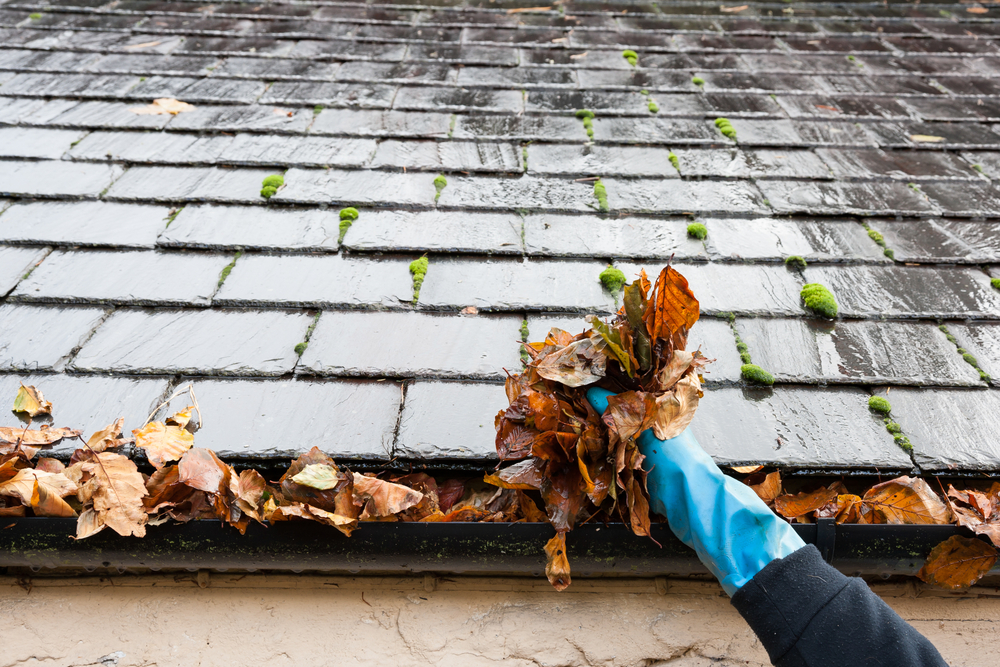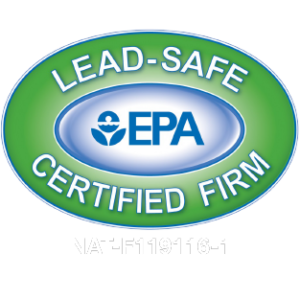
The Surprising Ways Summer Heat and Humidity Can Affect Your Home
Summer is here — and in true Wisconsin fashion, the weather is far from predictable. We’re still pretty shocked that our beloved Midwest state somehow found itself in the path of a tropical depression!
As things heat up and the air gets muggy, let’s talk about some of the ways heat and humidity can affect your home.
What is humidity?
In technical terms, humidity is the concentration of water vapor in the air.
We usually talk about relative humidity. When the weather channel says that the humidity is at 85 percent, they’re really saying that the air is holding 85 percent of the water vapor it can hold. If it reaches 100 percent relative humidity, the air is completely saturated and rain becomes likely.
The higher the temperature, the more water vapor the air can hold. That’s why high relative humidity is particularly noticeable in the summer!
How does humidity impact your home?
While its traces aren’t as obvious as those from a fierce storm or bursting flood, humidity can affect your home in multiple ways. Let’s take a look at the most common.
High humidity increases mold and bacteria growth
Moist air and damp surfaces are the perfect breeding grounds for mold, bacteria, and other harmful allergens. If your home is too humid, you’re at an increased risk for everything from breathing problems to unseen water damage over time.
High humidity can cause structural damage
If left unchecked, high relative humidity can cause structural problems in your home. Mold in particular can affect wooden fixtures and drywall, leading to decay, rot, and unreliability.
High humidity can make your home hotter
Humid air holds heat more easily than dry air — so the higher your home’s humidity, the hotter your family will feel! This might not make a big difference in the frigid winter, but we all know that Wisconsin’s hottest summer days aren’t to be trifled with.
How can you control your home’s humidity?
Ideally, you should keep your home between 45 and 55 percent relative humidity in the summer. This is a comfortable range for people and pets that limits the chances of mold growth and other issues.
You can control your home’s humidity in a few different ways, depending on your unique situation:
- Turn on your air conditioning system. Your AC removes hot, humid air and replaces it with cool comfort.
- Always use ventilation fans. Whether you’re cooking, cleaning, or taking a shower, it’s important to properly ventilate any steam.
- Get a dehumidifier. You can get a whole-house dehumidifier or a smaller, portable unit for a single room. This is one of the most surefire ways to keep your home’s humidity in check all season long.
How can you measure your home’s humidity level?
The most accurate and straightforward way to measure your home’s humidity is to purchase a hygrometer. This small device will measure moisture levels in the air to tell you your home’s relative humidity percentage!
Hygrometers are inexpensive and easily accessible. You should be able to find one at your local hardware store without any trouble!
We’re here for your questions and concerns
At Revive Restoration, we’re here for you through home damage big and small. Don’t hesitate to reach out if you have any questions about the effects of the summer humidity, and our professional team will guide you in the right direction!

Newsletter Coming Soon!
Receive regular updates on tips and tricks to keep your house or office building in tip-top shape.





















